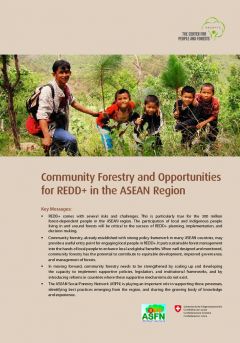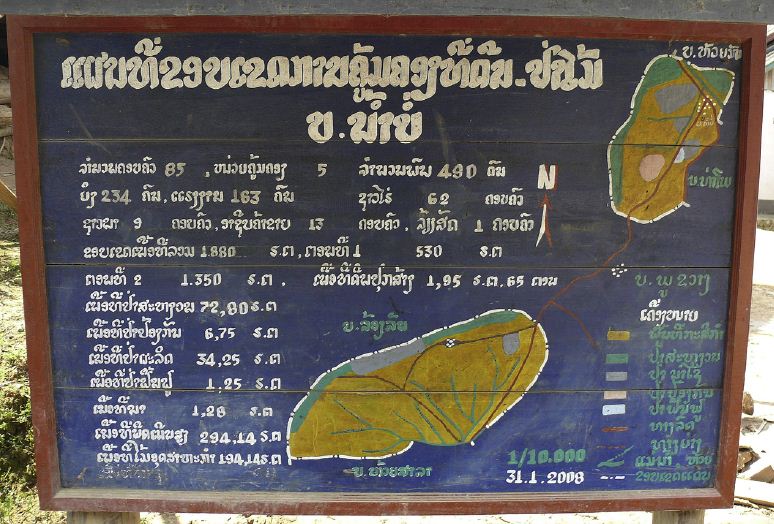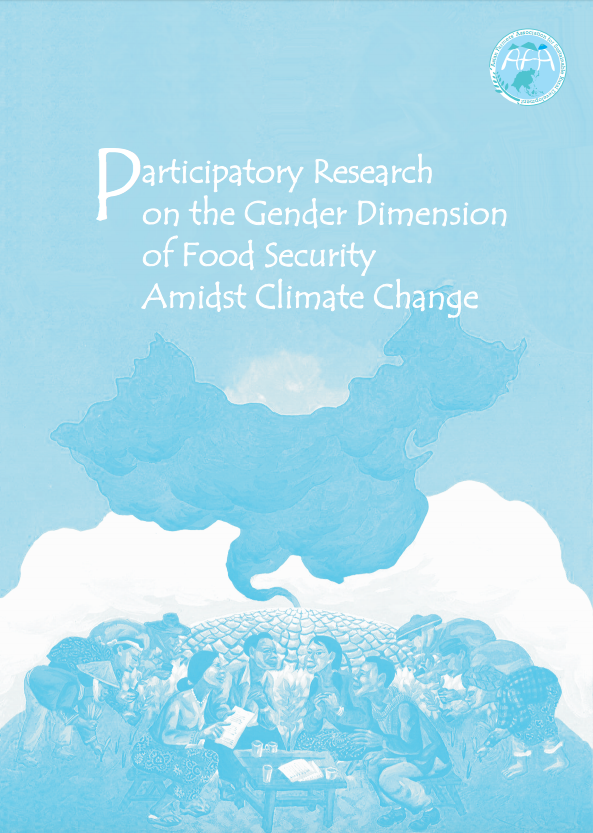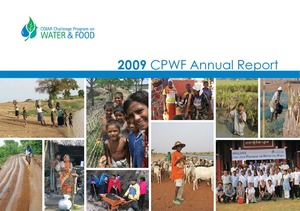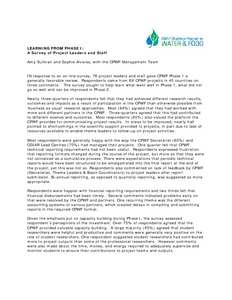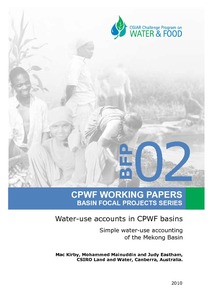Recognizing the important role that people living in and around forests play in forest management for poverty reduction and environmental sustainability, RECOFTC conducted a study for the ASEAN Social Forestry Network and the Swiss Agency for Development and Cooperation (SDC) to provide a…
In the early 1990s, the Lao government launched a nationwide Land Use Planning and Land Allocation programme in a bid t foster socio-economic development while protecting the environment. However, the programme has long been perceived as having negative impacts on rural livelihoods. A central…
Addressing the problem of hunger in a world where food production systems, particularly in developing countries, are being eroded and undermined by climate change is one of the most important challenges of our time. Studies by the Food and Agriculture organization (FAO), Oxfam and the Asian…
Recent increases in the level of agricultural commodity prices and the resulting demand for land has been accompanied by a rising interest in acquiring agricultural land by investors. This paper studies the determinants of foreign land acquisition for large-scale agriculture.
The paper…
Over the past decade the Asia-Pacific region has experienced tremendous changes in nearly every aspect. These changes have been particularly profound in the forestry sector, where society has dramatically increased its demands and expanded its expectations for goods and services. Almost all…
INTRODUCTION: Over the last 30 years, the context of development in Cambodian has undergone dramatic changes. A succession of deep transformations, characterized by a complete restructuring of institutional and socio-economic environment, has resulted in a singular situation. Cambodian society…
The impacts of climate change on agriculture and food production in Southeast Asia will be largely mediated through water, but climate is only one driver of change. Water resources in the region will be shaped by a complex mixture of social, economic and environmental factors. This report…
The report aims to provide critical input to the Mekong River Commission's (MRC) regional Climate Change and Adaptation Initiative (CCAI) which was launched shortly after the formulation of this project. The CCAI is a collaborative regional initiative designed to address the shared climate…
The CPWF was designed to be different. Developed in response to a call for change in a previous round of Consultative Group on International Agricultural Research (CGIAR) system
reform, the CPWF was intended to foster cross-CGIAR cooperation and find ways to bring in new partners. Over…
IN response to an on-line survey, 76 project leaders and staff gave CPWF Phase 1 a
generally favorable review. Respondents came from 68 CPWF projects in 45 countries on
three continents. The survey sought to help learn what went well in Phase 1, what did not
go so well and can…
This paper applies the principles of water-use accounts, developed in the first of the series, to the Mekong River basin in Southeast Asia. The Mekong Basin covers six
countries, the River rises in China, but there are substantial downstream tributaries
from Thailand, Laos, Cambodia…
While there is an important body of research on environmental discourses and policy in Southeast Asia, the situation in the Lao PDR remains understudied. This paper builds on debates related to environmental change and knowledge production and examines the socio-political construction of the…


